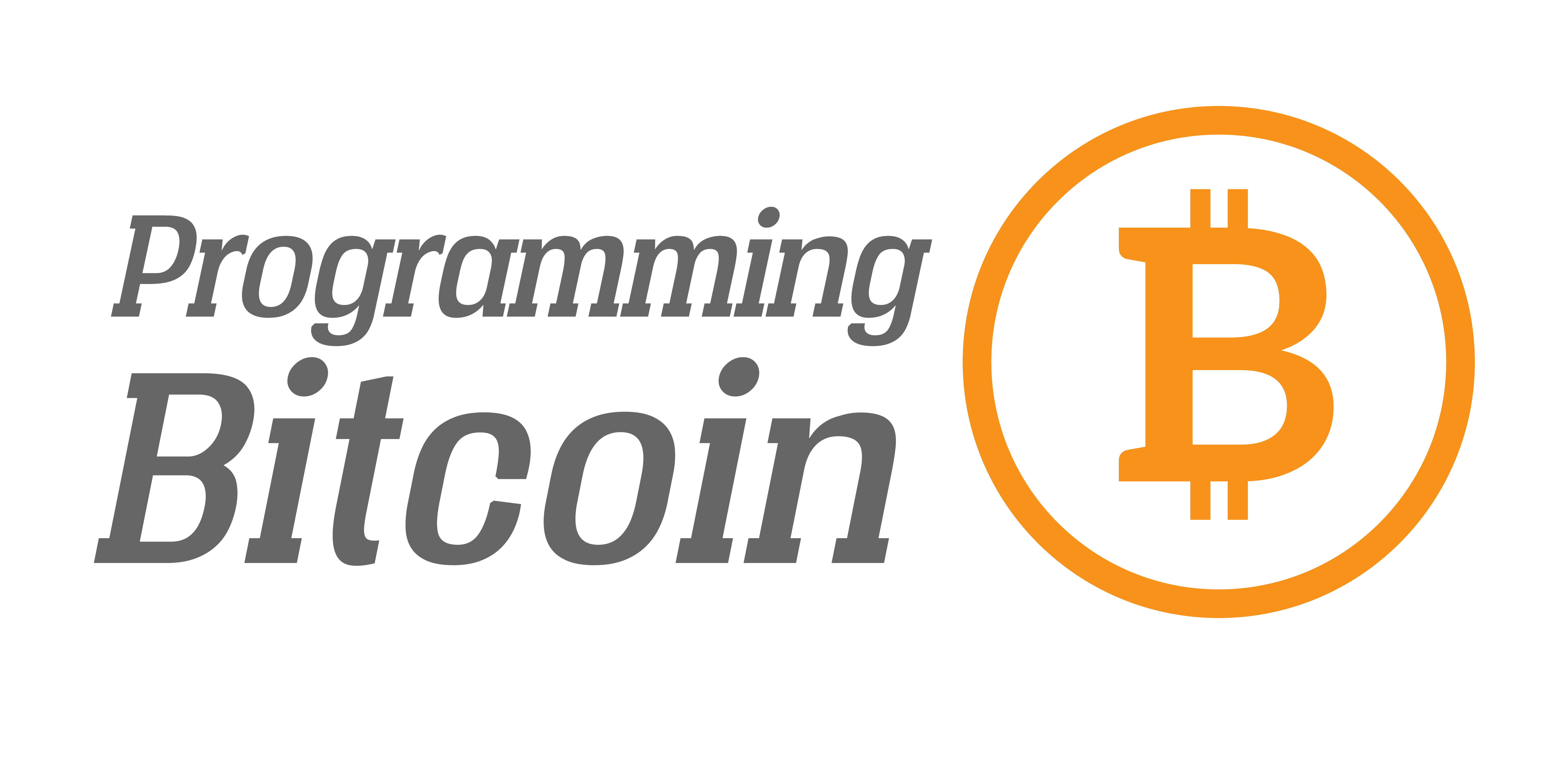Bitcoin and Virtue Part 3: Justice
In the previous two parts of this series, I argued that sound money in general, and Bitcoin in particular, create incentives for prudence and temperance. Specifically, people are incentivized to plan for the future and take the right amount of risk as to not be lazy or greedy.
In this installment, I’ll be exploring how sound money creates incentives for justice, or treating others fairly.

Justice and Government
Justice includes integrity, honesty, keeping of promises and generally respecting the rights of others. Justice encompasses a lot of things, but generally, the word that comes closest to the ancient concept of justice today is fairness.
Classically, justice is about individual action and whether that is fair to other people. Not keeping promises, for example, is considered an unjust action because it’s not fair to the person you made the promise to. When the consequences of such unfairness gets large enough, government is asked to step in. For example, if the promise was of a large amount of money for some good or service and the promise was not kept, governments, usually through the courts, dispense justice by penalizing the offender.
In other words, the government’s responsibility is to correct a specific act of injustice.
When Sound Money is Absent
Under a sound money system, the government is limited in what it can do as their budget is limited. They can’t print money. A limited government has to spend money carefully as there will be consequences for bad government programs. In a fiat money system, the government can enter almost any sphere since their budget is nearly unlimited. An unlimited government will spend a lot more money and will often choose programs that suit the agenda of those in power.
Instead of punishing a specific act of injustice (theft, libel, fraud), the temptation for a government will be to spend money to prevent an entire category of injustices from happening in the first place (welfare, war, regulation). This may sound like a good idea, but it’s laden with problems.
- It’s hard to measure the effectiveness of prevention. How do you know if it was the government program or some other societal change that ultimately changed the situation? What if the preventative act doesn’t work at all?
- Even if the measure works, it’s not clear the program will continue to work in the future or whether it’s a good value. Is spending billions of dollars a good investment for slightly less theft? Will that even work going forward?
- Because of the lack of sound money, these programs continue indefinitely regardless of effectiveness. This creates a growing class of government dependents (welfare, food stamp programs, etc), government workers (TSA agents, bureaucrats) and government contractors (defense, public works, etc).
The problem with fiat-money government programs is that the programs are decoupled from the results. That is, the amount spent does not correlate very well with societal good. And as the portion of the population that depends on some government assistance (direct dependents, bureaucrats, corporations with government contracts) grows, the decoupling of money spent and effective results continues to rise.
Now, you can’t exactly blame people for taking advantage of the incentives given to them, but you can blame the system that creates these incentives. Fiat money is what creates bad incentives.
Justice and Trade
This decoupling of money spent and value gained is exactly the domain of justice. Specifically, a trade where one side is coerced, forced to operate without much information or is otherwise treated deceptively is not a fair trade. Fair trading occurs much more with sound money because there isn’t an entity that can print money and hide pricing information for everyone else.
Beyond direct government influence like the welfare state, bureaucrats and government contractors, there are additional industries where government intervention through fiat money affects society. Health care, education and banking are examples of industries where government subsidies have massively skewed the prices for everyone else. Government intervention generally removes market pricing information and makes dealing fairly much, much harder.
It’s not a surprise, then, that in those three industries, people have significant disagreement what fairness means. If government can print money, they can, of course, provide health care to everyone. But then that removes pricing information about what a fair price for a certain procedure should cost as it screws up the supply/demand curve. Government can provide education to everyone, but once again, this removes pricing information from the market and makes a fair price harder to determine.
Good pricing information allows people to deal with one another fairly, that is, more justly. By removing sound money, we muddy the waters of trade and allow more unfair treatment to occur. Price signals and sound money are at the heart of justice.
Encouraging Virtue
Fair dealing happens when there is good pricing information because it’s harder to take advantage of other people. Those that utilize pricing information well are the ones that succeed in such a system. The industrious people that operate fairly and add value are the ones that succeed in a sound money system.
For example, an error in BitGo’s API caused a user to send 85 BTC as a fee a couple years ago. BitGo could have said that’s a user error, but they responded with integrity and did the just and fair thing by offering to cover the cost out of their own pocket. It turned out that the miner that mined the block saw that it gained the BTC unfairly and actually sent the 85 BTC back to the user. Such just dealings are encouraged in a sound money system as pricing information is clear and open.
In a fiat system, a large portion of people simply don’t add much value but still collect a paycheck: behavior we call rent-seeking. Government intervention in industry almost always brings out such behavior, not just from government bureaucrats, but also professions restricted by government quotas (taxi drivers and interior decorators for example). This intervention happens largely because the government tries to ensure equality of outcomes. This in turn causes people in a fiat money system to act unjustly, that is, not care at all about fairness to other people.
Sound money, in other words, leads to a clear distinction between obligation and kindness. Without sound money, the distinction is not clear and kind acts are often mistaken as obligation and sometimes, vice-versa. Kindness, mercy and generosity are really not recognizable as such without some obvious common definition of fair. By having sound money, we can recognize the good acts of others and thus further encourage kindness, mercy and generosity. In other words, with sound money, we can acknowledge good behavior that goes beyond justice.
Conclusion
Governments with a fiat money system have more opportunity to meddle in markets and remove pricing information. This leads to all sorts of terrible outcomes for society and incentivizes individuals to rent-seek instead of adding value. In other words, fiat money encourages unjust actions.
Sound money, on the other hand, incentivizes industrious behavior as pricing information is more easily attained and more people have the opportunity to do good. Better pricing information leads to more fair dealing which encourages justice, kindness, generosity and mercy.
Want to get curated Technical Bitcoin News? Sign up for the Bitcoin Tech Talk newsletter!
Are you a developer that wants to get into Bitcoin and blockchain? Sign up for Programming Blockchain Seminar in LA, SF, Seoul or London!


Comments are closed